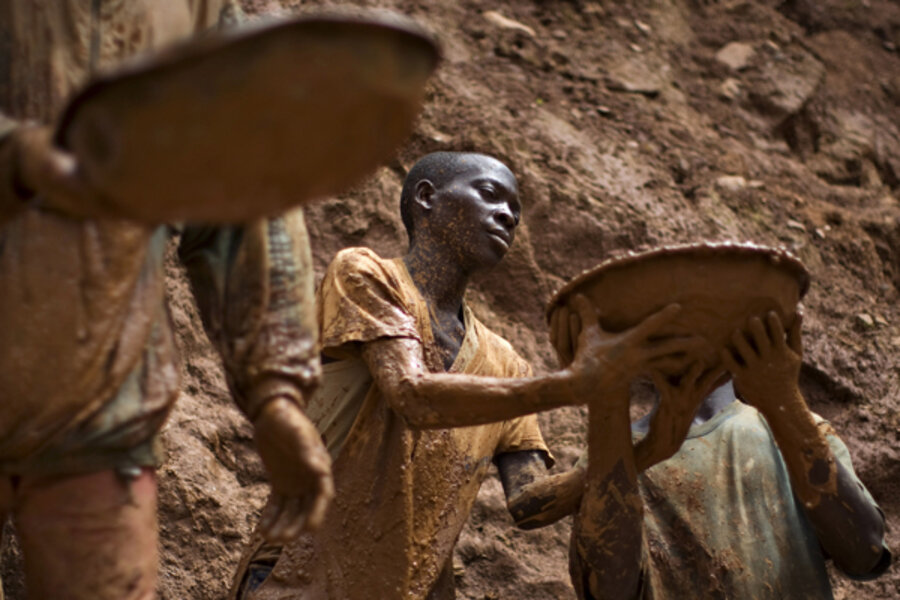Nokia publishes policy on African conflict minerals
Loading...
"Conflict minerals," those mined to support groups conducting armed conflict or engaging in human rights abuses, have been an issue since long before ReadWriteWeb first wrote about it in July of 2010. The mineral equivalent of blood diamonds, they include tantalum, tungsten, tin and gold, all of which are used to manufacture our electronics.
Nokia, the world's largest manufacturers of mobile phones, today published its policy on conflict minerals.
In a post on Nokia's "Conversations" blog, Ian Delaney lays out the company's public policy (PDF), which augments their supplier requirements.
Delaney boils the policy down to these four elements.
- We prohibit human rights abuses associated with the extraction, transport or trade of minerals.
- We also prohibit any direct or indirect support to non-state armed groups or security forces that illegally control or tax mine sites, transport routes, trade points, or any upstream actors in the supply chain.
- We have no tolerance with regard to corruption, money-laundering and bribery.
- We require the parties in our supply chain to agree to follow the same principles.
The policy delves at some length into Nokia's commitment to human rights "in accordance with accepted international conventions and practices, such as those of the United Nations' Universal Declaration of Human Rights, ILO Core Conventions on Labor Standards, UN Global Compact, and OECD Guidelines for Multinational Enterprises."
Under the sub-heading, "Implementation of the Policy with Regards to Conflict Minerals," the document reads:
"We prohibit human rights abuses associated with the extraction, transport or trade of minerals. We also prohibit any direct or indirect support to non-state armed groups or security forces that illegally control or tax mine sites, transport routes, trade points, or any upstream actors in the supply chain. Similarly, Nokia has a no tolerance policy with respect to corruption, money-laundering and bribery. We require the parties in our supply chain to agree to follow the same principles."
The document outlines some of the company's process for oversight of suppliers, including the EICC-GeSI Conflict Minerals Reporting Template. It would be interesting to know how the suppliers will be reviewed, how often and what will happen to errant suppliers who use conflict minerals. We have asked Mr. Delaney exactly that and will update should we receive a response.
[Update: Nokia's Anna Bask contacted blogger Curt Hopkins on Thursday with this response:
"Nokia follows up the effectiveness of corrective actions and conducts on-site assessments as necessary. However, as stated in the article, the reality is that problems often lie upstream and not with our first tier suppliers. So as well as demanding proper due diligence from our direct suppliers to ensure that the material flows are conflict-free, we ask them to set policies and supplier requirements of their own and pass those on into the supply chain."
"Continued non-conformance and refusal to address issues of concern will lead to termination of business relationship."]
Conflict Minerals
Although conflict minerals could theoretically crop up anywhere, practically, East Africa is ground zero. The Democratic Republic of the Congo is certainly the worst-affected by conflict mineral mining. There, the Congolese National Army vie against three different rebel groups to extract and refine the valuable ores.
Here is how the various minerals are used in our electronics, including mobile phones, computers and music players.
- Tantalum: stores electricity in cell phones
- Tungsten: creates vibrations in phones
- Tin: circuit boards
- Gold: used to coat wiring
Curt Hopkins is a production editor and international reporter for the technology blog site, ReadWriteWeb.com, where this blog originally appeared on Feb. 3.
Get daily or weekly updates from CSMonitor.com delivered to your inbox. Sign up today.







